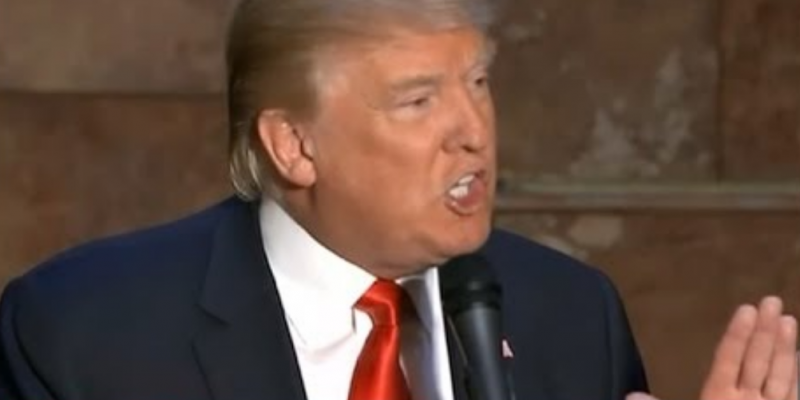Federal Reserve Chairman Jerome Powell emphasized Tuesday that the central bank does not see a need to adjust interest rates during testimony before the House Financial Services Committee.
“The current low interest rate environment means that it would be important for fiscal policy to help support the economy if it weakens,” Powell said. “Putting the federal budget on a sustainable path when the economy is strong would help ensure that policymakers have the space to use fiscal policy to assist in stabilizing the economy during a downturn. A more sustainable federal budget could also support the economy’s growth over the long term.”
In an opinion piece for MarketWatch, Alicia H. Munnell, a director at Boston College, wrote, “This is really a crazy way to run a nation’s finances. Even in a period of low interest rates, it seems sensible to pay for things we consume this year with taxes raised this year and to reserve debt financing for expenditures that will provide benefits over multiyear periods, such as infrastructure. Paying for current expenditures particularly makes sense when the economy is operating at full employment and does not need any fiscal stimulus.”
According to the Peter G. Peterson Foundation, the deficit will average 4.8 percent of gross domestic product (GDP) over the next 10 years – a high percentage relative to previous periods of low unemployment. The average deficit in good economic times has been about 1.7 percent of GDP.
According to the Brookings Institute’s William G. Gale, who wrote in a column for CNN, “Despite low interest rates, the fiscal outlook is generally worrisome. In the past, the deficit spiked only on a temporary basis – during recessions. Now, although the economy has grown for 10 years in a row and is near full employment, the deficit is high and, without any policy changes, will remain elevated … Over the longer term, rising payments for Social Security, Medicare, Medicaid and interest on debt will make government spending grow much faster than revenue, adding even further to our deficits.”
President Donald Trump also weighed in on the matter. He tweeted, “When Jerome Powell started his testimony today the Dow was up 125, and heading higher. As he spoke it drifted steadily downward, as usual, and is now at -15. Germany and other countries get paid to borrow money. We are more prime, but Fed Rate is too high, dollar tough on exports.”
Debt held by the public in the U.S. as a percentage of GDP at the beginning of the last six recessions averaged 30 percent, the Peterson Foundation notes. By the end of 2018, debt held by the public reached 78 percent of GDP, more than twice the average at the beginning of the last six recessions and the highest level since 1950. According to the Congressional Budget Office, the debt-to-GDP ratio will grow to 85 percent by 2023.
“Over the long term, our fiscal path represents an inter-generational injustice that funds current consumption over investment, and passes the bill to our kids and grandkids,” Michael A. Peterson, CEO of the Peter G. Peterson Foundation, told the Center Square in response to the budget proposed by the president.
“This new budget season is an opportunity for the president and Congress to advance fiscally responsible policies that will put our nation in a position to meet our most pressing challenges, now and for the next generation.”
This article was first published by The Center Square.
Advertisement
Advertisement

